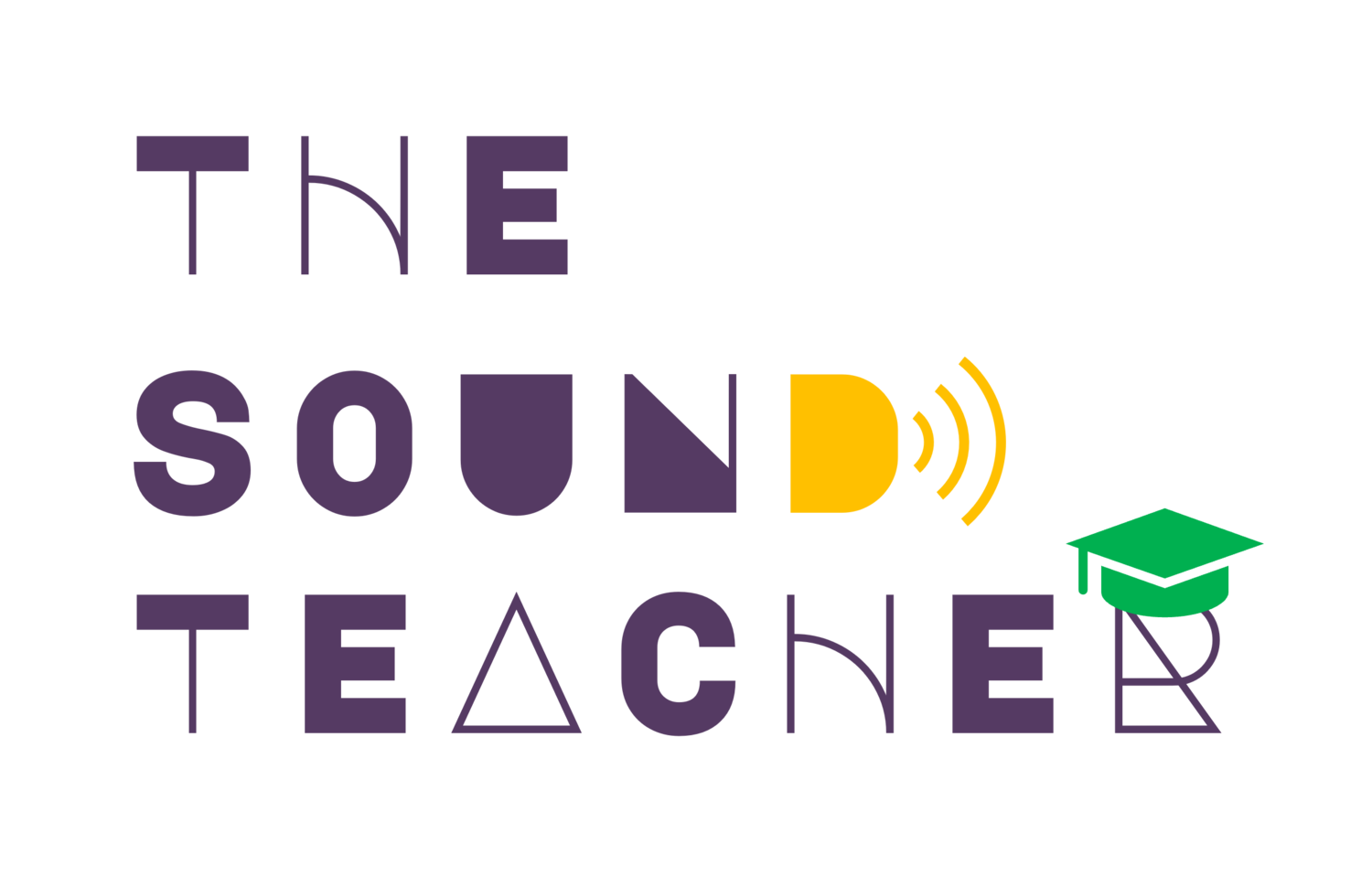Brain Boost
Yellow is the colour, Brain Boost - Healthier Habits for a Happier Life - is the title. This excellent book from Cambridge University Press is new for 2025. It provides that sunny outlook to help you make simple lifestyle changes for your brain health, wellbeing, learning and life success.
About the authors
Dr Barbara J Sahakian is Professor of Clinical Neuropsychology in the Department of Psychiatry, University of Cambridge.
Dr Christelle Langley is a Cognitive Neuroscientist at the University of Cambridge.
The following written content is taken from the publication DOI: https://doi.org/10.1017/9781009548427
Chapter 1 - The importance of exercise pages 11-22
Neuroplasticity is important for cognition, mental health and well-being.
Brain plasticity can be defined as the brain's ability to change, for example when we learn.
Brain plasticity is also how the brain reorganises, by increasing the number of synapses as well as the branches and growth of developing neurons.
Synapses are particularly important in brain functioning as they allow transmission of chemical and electrical signals from one neuron to another.
Synapses and neurons are how our brain communicates.
TIP - get moving!
Movement - and specifically physical exercise - can influence brain plasticity and even brain volume! A study in older adults showed that heart and lung fitness was associated with the size of the hippocampus, a brain region important for spatial memory. The hippocampus is affected by the aging process, particularly Alzheimer’s disease.
Chapter 3 - Why do we need sleep? pages 36-46
The brain reorganises and recharges itself during sleep.
Sleep is key for memory consolidation - transferring our experiences to long term memory.
Sleeps helps us to maintain good cognitive an emotional functioning.
The two main phases of sleep are rapid eye movement (REM) sleep and non-rapid eye movement (non-REM).
During deep sleep important mechanisms associated with brain plasticity occur: growing and developing new connections and memory consolidation.
REM sleep further promotes memory; it prunes neurons making the brain more efficient and maintains the new synapses (connections) for learning new skills.
Lack of sleep is associated with problems in attention, learning and behaviour, and increases the risk of accidents, injuries, hypertension, obesity, diabetes and depression. In the UK, an online survey of people over the age of 16 suggested that only 1/3 are getting the recommended 7-8 hours sleep a night. 1 in 10 of those surveyed were only getting 2-4 hours’ sleep!
TIP - get quality sleep!
Create a good night time routine that helps you prepare for sleep. This includes being relaxed, avoiding your phone late at night, as well as ensuring optimal lighting and temperature in your room. You could also consider investing in health tech such as a Red Light Therapy lamp - see here.
Chapter 3 - Why is social interaction so important? pages 47-56
Social interaction is critical for brain development.
Social interaction allows us to develop skills such as empathy, understanding of others, language, flexible thinking and problem solving.
Social cognitive skills are important for successful teamwork and in the workplace, for negotiations in business or customer service skills.
Many of the brain regions associated with social interaction are linked to brain networks that support cognition. (1) The default mode network which is active during mind wandering and creative thinking, (2) the salience network which involves selective attention, and (3) the central executive network involved in emotion regulation. See more
Studies such as the one by Woods, Forbes et al Positive affect between close friends: Brain-behavior associations during adolescence, Social neuroscience 2020, have shown that socialising with friends may be particularly important during adolescent years.
TIP - get together with friends!
Have frequent positive social interactions with friends, family and colleagues. Find activities that you can enjoy together such as quizzes, taking the dogs for a walk, or a cycling club. Perhaps take up a new hobby that involves others.
Positive friendships…
…during adolescence seem to protect against a number of emotional and problem behaviours.
Chapter 5 - Social kindness and helping others pages 57-67
Giving and volunteering improve brain function.
Formal volunteering is associated with better brain function, working memory and processing speed especially in adults aged over 50.
Benefits could be due to enhanced social integration, distraction from own problems, enhanced meaningfulness, improved mood and increased physical activity.
Volunteering enhances social connectedness; hormones such as oxytocin and brain chemicals including dopamine and serotonin are involved in altruistic behaviour.
By volunteering and donating, we activate areas of the brain associated with pro-social behaviour, promoting mental health and well-being. This is good for our mood, cognition and brain health.
TIP - get giving!
Volunteering and acts of kindness can come in many different forms; this may be helping to organise sporting teams, babysitting for friends or donating to charity. Remember that these actions boost specific hormones and chemicals that are good for our brain.
Thank you to the authors and to Cambridge University Press for the excellent content!
What can you do to help yourself?
“The brain is linked to the ear.”
The Tomatis® method is a unique sound stimulation training programme; the innovative technology modifies music and voice in real time to improve brain function and brain plasticity.
Remember, almost anyone can follow the Tomatis® method. From babies, infants, children and teenagers, those aged 1 year to 100-year old adults, suffering from a specific disorder, or not. Use Tomatis® auditory stimulation to release long-standing ‘blocks’ to learning.




